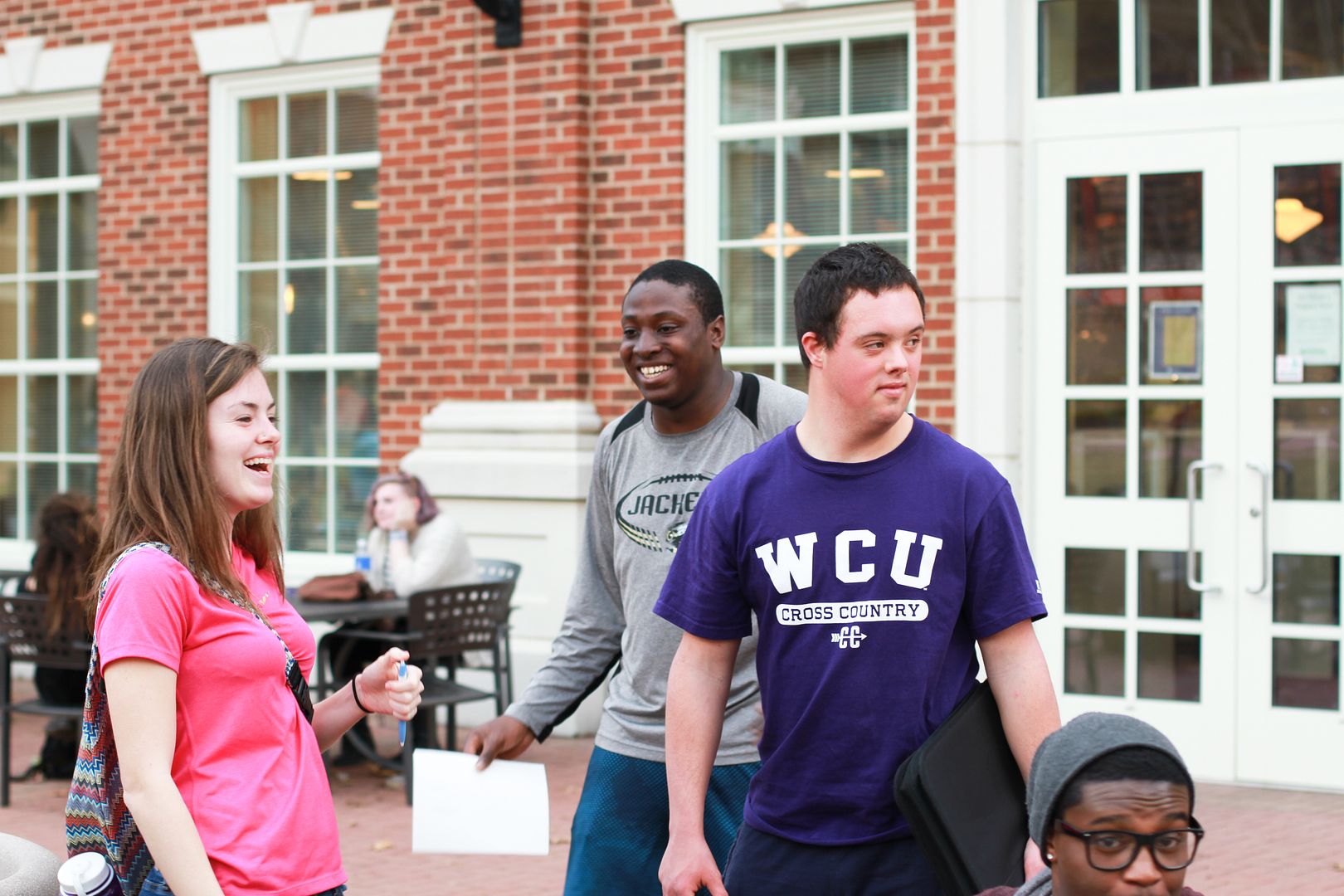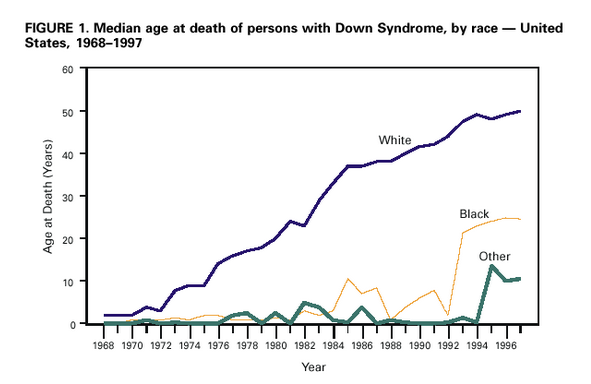There is a stir in the Autism community. One of the largest "Autism Advocacy" organizations,
Autism Speaks, finds itself
at odds with a
large segment of the very community it purports to represent. Countless autistics proclaim,

One of the main complaints about Autism Speaks is that it fails to actually include autistics in its leadership. Much of the research and programs which it sponsors is informed by the perspectives of parents, teachers, and others in society. For example, it is affiliated with the Judge Rotenberg Center, which has used questionable treatments (
some would say torture) on autistics in an attempt to "cure" them.
Why is this happening now?
There seems to be a critical mass of
adult autistics who have found ways to communicate, and are now
advocating for themselves, where before it was left to parents, teachers, etc. to guess at their needs. They report eloquently about the counterproductive and downright harmful practices to which they had been subjected. Long assumed to be "lost in their own world", "lacking in empathy", or "mentally ret@rded", these self-advocates clarify that they are largely suffering from a sensory input overload. They avoid eye contact, not because they are unable to connect with the other, but because such contact is unbearably intense. They self-stimulate (
stim), sometimes to the point of injury, not because they are insensitive to the input, but in an attempt to deaden the overload to a manageable level. Therapies which force them to
maintain eye contact and keep "
quiet hands" are therefore both emotionally abusive and undermine the subjects' coping mechanisms.
Of course, many autistics have not reached this point, and are still relying on others to speak for them. And these others may or may not have the tools to facilitate this kind of development. They may be relying on outdated information, or even desperately grasping for
quack cures. In spite of their best intentions and love for their autistic child, they unwittingly become part of the problem.
It seems as though autism is going through a similar evolution as Down syndrome and
other disabilities. Rather than a problem that we should want to disappear, it is an opportunity to understand another dimension of our own humanity.


.png)

